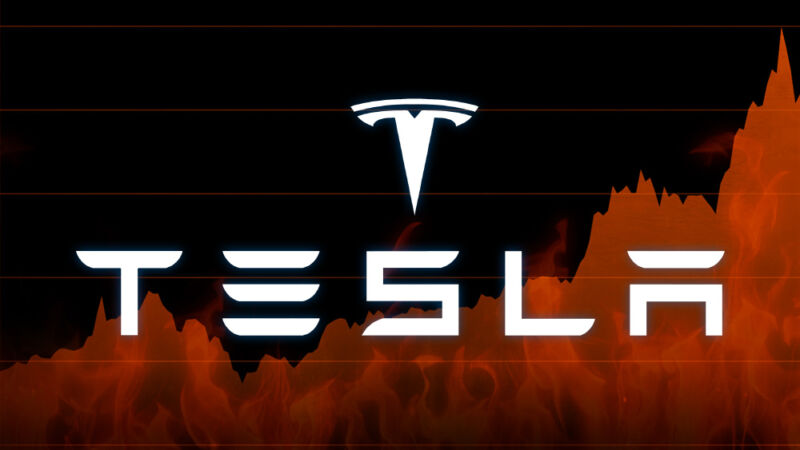5030
0
Tesla's Participation to the S&P 500
Tesla's (TSLA) participation to the S&P 500 on December 21st doesn't require you to worry about an unusually fast trading session.

Yazar: Zack Smith
Yayınlanma: 3 Aralık 2020 21:16
Güncellenme: 21 Şubat 2026 08:38
Tesla's Participation to the S&P 500
Tesla's (TSLA) participation to the S&P 500 on December 21st doesn't require you to worry about an unusually fast trading session.
The electric car manufacturer, whose current market value exceeds $ 540 billion, will be among the top 10 weights in the index. Investors are preparing themselves for this effect, as it could trigger a $ 70 billion passive fund flow if Tesla gets involved. However, according to an experienced derivatives analyst, the entry should not cause an increase in index volatility. "Our view at the index level will not have a huge impact," UBS Group's head of equity derivatives Research, Stuart Kaiser, told Yahoo Finance Live. Kaiser's team conducted an analysis modeling Tesla, which will become a member of the S&P 500 this year.
“Hopefully the fund managers have had enough time to rebalance themselves”
They found that the overall volatility increased by only 0.1 percentage points on average, and by no more than 1 percentage point at certain times. Kaiser also said that the Tesla impact will be silenced, with fund managers having enough time to prepare, and the will and won't discussions continue over this inclusion for much of this year. Tesla is getting even more consistently profitable, and its shares are now nearly seven times the original. He added, “Hopefully the fund managers have had enough time to rebalance themselves. Tesla is, after all, a popular stock.”
Industry benchmark: Amazon's weight is 37 percent
From all this, we deduce that Tesla's impact on fluctuation in one area of the market may be even more important. According to Kaiser, Tesla will join the S&P 500 as a member of its consumer discretion subgroup and will weigh 13 percent. (Industry benchmark: Amazon's weight is 37 percent)
UBS research shows that the volatility at the discretion of the consumer will increase by an average of 1.5 points in 2020 and up to six points in September.
Source: https://finance.yahoo.com/
You may also be interested in:
Buying a Better Stock: Netflix or Amazon?
İLGİLİ HABERLER





European stocks soared and focus shifted to German retail sales after Powell's speech!

Forex Signal For TRY/USD: Inflation Slowdown in November.

Forex Signal For GBP/USD: Bullish Trend Still Not Breaking While Recovery Continues.

Forex Signal For EUR/USD: Starry US Data Points to Higher Fed Increases.

Forex Signal For BTC/USD: Downside Continues as Bitcoin Recovery Moves Less.
En Popüler Haberler
Yorum Yap
Yorumlar
Henüz yorum yapan yok! İlk yorumu siz yapın...